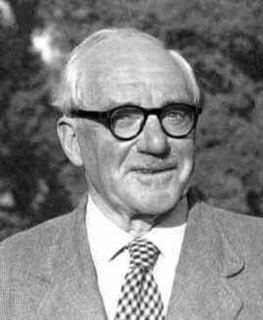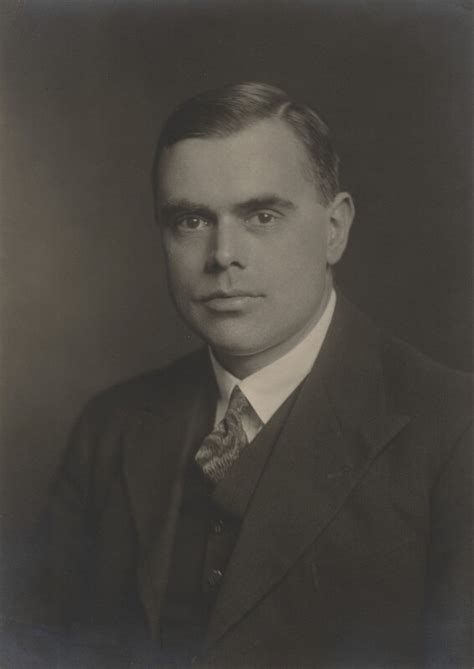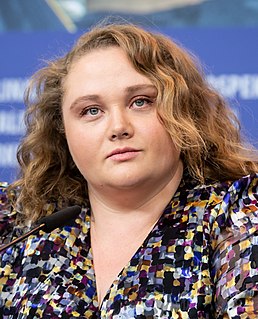A Quote by John Edensor Littlewood
The surprising thing about this paper is that a man who could write it would.
Related Quotes
I thought I could capture the stories of the city on paper. I thought I could write about the horrors of the city. Horror stories you see. I tell you I didn't have to look far for material. Everywhere I looked, there were stories hidden there in the dark corners. . . . I wrote and still there were more. . . . No one would publish them. 'Too horrible,' they said. 'Sick mind,' they said. I thought I could write about the horrors of the city but the horror is too big and it goes on forever.
I didn't learn how to read and write until pretty late, and it was this very mysterious, incredible thing, like driving, that I didn't get to do. And then I started writing things down on little scraps of paper and I would hide them. I would write the year on them and then I would stuff them in a drawer somewhere. But I didn't start to really read until about eight. I'm dyslexic, so it took a long time.
I don't feel I write fast. I write in longhand and do so much revision. On the page, it's so old-fashioned. I could write a whole novel on scrap paper, scribbles and things. I keep looking at it and something develops. For me, using a word processor would mean staring at a screen for too many hours.
My teachers always said, "You're very talented, but don't set your heart on art. You're only a girl." I was inspired by Virginia Woolf in 1960, but they wouldn't let me write about her. They said she was a trivializer. I also wanted to do a paper on Simone de Beauvoir, and my philosophy teacher said, "Why would you write about the mistress? Write about the master." That was Sartre.
When I realized I could write lyrics and let someone that I knew listen to them, but not know that the song was about them - say it was a girl. I could write this song about how I feel about this girl, I could play it to them. I just loved it, because all of the words would speak to them. I could see them slowly falling in love with me.
I took to writing as my medicine to help me stay afloat in acting career journey. I wrote about me breaking hearts, and my heart being broken. I wrote about my views whether they were liberal or conservative. I wrote about everything. I wrote about my life. When I did not have paper coming in as green backs, I'd use random pieces of paper for stories. It was like, I got no money, but I have paper to write. So I wrote.







































